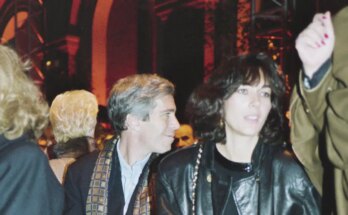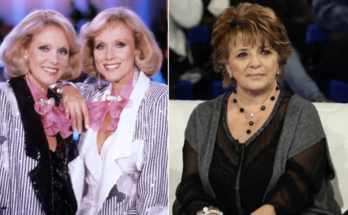Eurovision organizers announced changes to the music competition’s voting rules on Friday to increase “trust” and “transparency”, as the outpouring of public support given to Israeli contestants in recent years has sparked controversy.
The European Broadcasting Union (EBU) announced in a press release that it was implementing a series of “significant changes”, including halving the number of votes each member of the public can cast.
Organizers also intend to strengthen their efforts to “detect and prevent fraudulent or coordinated voting activity.”
Boycott of Spain, Ireland, Netherlands
“We are taking clear and decisive action, so that Eurovision continues to celebrate music and unity. It is important that it remains a neutral space and is not exploited,” said the director of the Eurovision Song Contest, Martin Green, in a press release.
The EBU remains confident “in the validity and reliability of the results of the 2025 edition” but stressed that the modifications introduced “will offer strengthened assurances”.
Several countries, including Spain, Ireland and the Netherlands, have announced they will not send representatives to the competition in Vienna next May if Israel is allowed to participate. Other countries, such as Belgium and Sweden, are also considering boycotts.
Dutch public broadcasting association Avrotros justified its decision by the “serious violations of press freedom” committed by Israel in Gaza.
He also accused Israel of “proven interference during the last edition, engaging in political exploitation of the event”. “We have listened and acted accordingly,” Martin Green said.
Everyone in dozens of participating countries can vote, by phone, SMS or online. In each country, professional judges also vote. These two votes have the same weight. It is impossible to choose your own country. But now the maximum number of votes per payment method “will increase from 20 to 10”.
The list of participants was revealed at Christmas
Made up of music experts, the professional jury, which comprised half of the final round, will return for the semifinal round, the first since 2022. The judges must sign an official statement stating that they will vote “with complete independence and impartiality”.
Additionally, the new measures “strongly discourage disproportionate promotional campaigns (…), especially if such campaigns are launched or supported by third parties, in particular governments or government agencies”.
At the EBU’s general assembly on December 4-5, broadcasters will decide whether they still want to vote on Israel’s participation. The list of countries participating in the 2026 edition “will be announced before Christmas”.
This year, Israeli singer Yuval Raphael, who survived the October 7 attacks, took second place in the competition, supported by the public’s vote. Several competition broadcasters have asked for clarification on voting details.
Also in 2024, a majority of national juries condemned Israel. But the results of the public vote gave Israeli candidate Eden Golan a spectacular boost, catapulting him to fifth place.
Although the competition aims to be apolitical, controversy often arises, especially around song lyrics.
On Friday, the EBU also confirmed that it wanted to strengthen its efforts “to prevent misuse of the Competition, in particular in the lyrics or performance of songs”.



